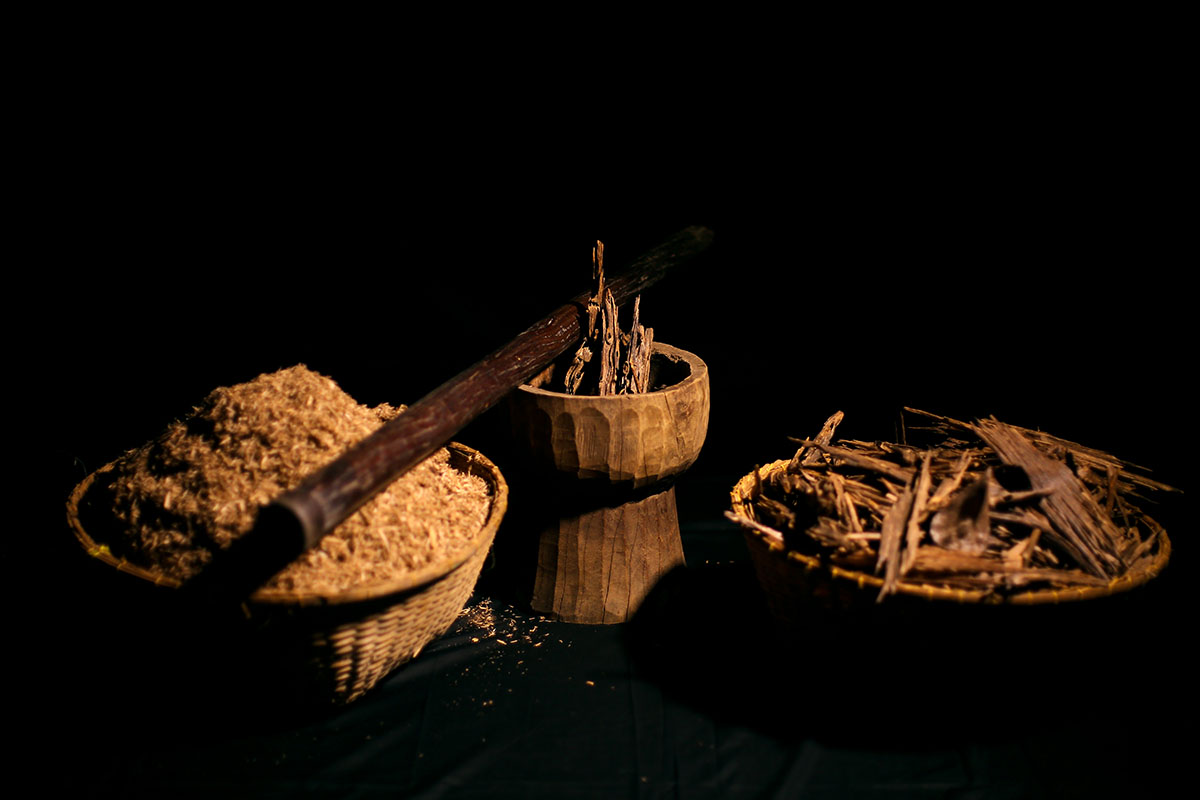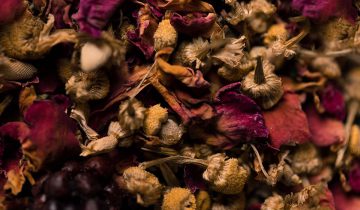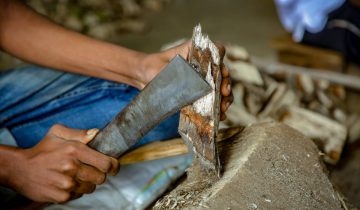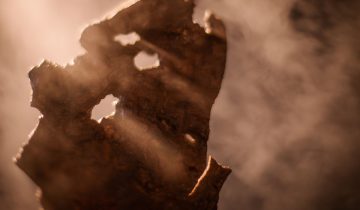Sustainable seems to be the world of the decade, and when it comes to sustainability in fragrances, many may wonder what it actually means. Today is it essential for companies and manufacturers to have eco-friendly policies and prove that their manufacturing process is not harming any ecosystem on the planet. The Oud market, given that oud, is as rare as it is expensive, was not able to boast by its sustainability in the past. Illegal harvesting of Southeast agarwood forests leads to a decline in this particular Aquilaria tree species, making Oud scarcer than ever and almost at the brink of extinction.
The rare Nature of Oud
Since only about 2 percent of Aquilaria trees will produce Oud resin by being infected by fungus, it is very hard to harvest Oud. Due to uncontrolled tree felling, agarwood trees that haven’t been infected were also cut open, leading to the population being threatened with extinction.
However, to preserve the ecological agarwood niche, various international foundations have developed programs to secure sustainable farming of Aquilaria trees in Southeast Asia.
The International Perfume Foundation Sustainable Aquilaria Planting Program
Designed to preserve agarwood from extinction, along with the very best of it, the oud fragrance, this program’s goal relates to sustainable farming. Agarwood takes decades to mature, and this program ensures farms have other crops of trees grown that will produce immediate revenue while Agarwood trees mature.
Sustainable Asset Management and Greenstone Quality Partners Program
Paired with Asia Plantation Capital, the Greenstone Equity Partners are working hard to develop a program that will preserve the existing Aquilaria tree in the wild and give many opportunities to plant new Aquilaria plantations in the Middle East North Africa (MENA) region.
In the past, Oud was used as a scented wood, incense, essential oil; it was given as a gift to family or guests and also was involved in many religious rituals. This all made Oud scarce, and illegal harvesting was a common occurrence. Today, however, future Aquilaria trees are protected by international legislation and companies and farm owners incorporating new sustainability methods to preserve the indigenous Aquilaria species that will produce the ”liquid gold” in a few decades.
Modern forestry gave us methods of inoculating trees and inducing agarwood in the whole crop. This helps preserve balance in the supply and demand chain and decreases the need for illegal logging.
Jalali Agarwood Oil Plantation
Jalali Family stands out by its visionary and eco-awareness. We were always worried about the sustainability of Agarwood and preserved our Aquilaria species in our plantation in Sylhet in Bangladesh. With meticulous care, we’ve been planting agarwood in the Sylhet region for almost four centuries, coming out as one of the best keepers of Agarwood Oud’s future.
We honour the natural process of Oud and know that it can take decades for a tree to mature enough to present us with the best quality Oud resin. This is why we only use trees from our Sylhet plantation over thirty years old, giving it another ten years before harvesting the softwood.
Jalali Agarwood is proud to protect the Agarwood ecosystem, honouring our ancestors and nature equally and ever thankful for the gift they gave us. Aware that Aquilaria trees are our heritage, we take special care in every step of the process, from planting and expanding our Sylhet plantation to handpicking the resin-infested tree and separating Oud oil using only traditional Sylheti methods.
It is precisely our dedication towards excellence and sustainability at the same time that made Oud from the region of Sylhet one of the best from the Subcontinent. By refining the cultivation process, we became the leading Agarwood product suppliers in the world today, developing a rare-quality brand with noble production methods.
As a leading Agarwood supplier globally, the Jalali family is known for their honour and dedication to preserving the Agarwood ecosystem. Making Oud sustainable and, just like Oud, creating a balance between demand and supply is our goal and our legacy.





